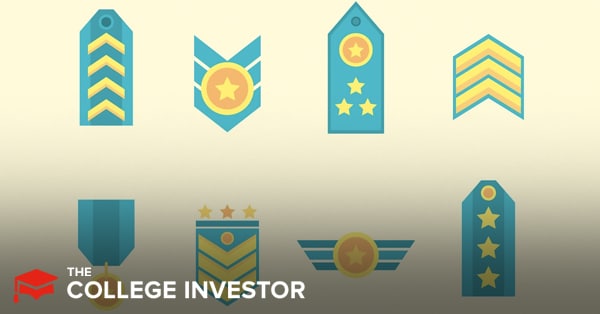Student Loan Help For Military Borrowers


Members of the United States Armed Forces often carry student loan debt into their service. Recognizing the financial strain military life can impose, Congress and the Department of Education have established a range of protections and repayment options tailored to servicemembers.
The Servicemembers Civil Relief Act (SCRA) is one of the best-known protections, limiting interest rates on eligible federal student loans to 6 percent during periods of active duty. Servicers like MOHELA automatically check military databases to apply this cap. Borrowers who believe they qualify but have not seen changes to their loan statements can submit their military orders to request retroactive adjustments.
Loan deferment options are also available for periods of active duty during wars, national emergencies, or military operations. In these cases, borrowers can postpone payments without penalty. Following active duty, borrowers may qualify for an additional 13 months of deferment to ease the transition back to civilian or academic life.
Servicemembers deployed to hostile areas qualifying for special pay may be eligible for a no-interest benefit on their federal loans for up to 60 months.
In situations where military service prevents annual income verification for income-driven repayment plans, the HEROES Act Waiver allows borrowers to maintain their current payment levels without submitting new documentation.
Each major federal loan servicer has established dedicated support for military borrowers. These teams are trained to understand the unique circumstances servicemembers face, such as rapid deployments, frequent relocations, and changes in income.
Here are the military contact lines for the major loan servicers:
1-855-278-3619
(855) 324- 4027
1-800-337-6884
833-793-2135
Maintaining an updated account online with a servicer is one of the most effective ways for servicemembers to manage their loans while deployed. Automatic payments can prevent missed deadlines, and designating a trusted individual with power of attorney ensures financial matters can be handled during periods of limited communication.
Military members are encouraged to submit any deferment or forbearance requests early, and to keep copies of military orders, Leave and Earnings Statements, and completed deferment forms ready for submission.
Military service can open doors to student loan forgiveness through several paths. Active duty service counts toward Public Service Loan Forgiveness (PSLF), which erases remaining balances after 120 qualifying payments. Borrowers must work full-time for the government and certify their service through the PSLF Help Tool or by submitting a Certification of Military Service.
In cases of severe injury or illness, a Total and Permanent Disability Discharge can cancel a borrower’s federal student loans. Veterans with a 100% service-connected disability, as determined by the Department of Veterans Affairs, can apply for discharge if it’s not done automatically.
For borrowers participating in the Department of Defense Student Loan Repayment Program, portions of their loans may be paid directly by their military branch. Servicemembers interested in this benefit should work through their base’s personnel office.
Servicemembers often face changing assignments, long deployments, and unpredictable schedules. Managing student loans under these conditions requires careful planning:
Placing an active duty alert on a credit report through the major credit bureaus can add another layer of financial protection by reducing the risk of identity theft during deployments.
Don’t Miss These Other Stories:

Student loans often follow borrowers for years, sometimes decades. Even people who fully understand how much they borrowed can feel...

It was a busy week for RIA aggregators. There were a few large moves, including $235 billion multi-family office Cresset...

Blog Posts Archives UnfavoriteFavorite February 27, 2026 Weave: The Social Fabric Project Subscribe to Weave’s Newsletter This story was originally...